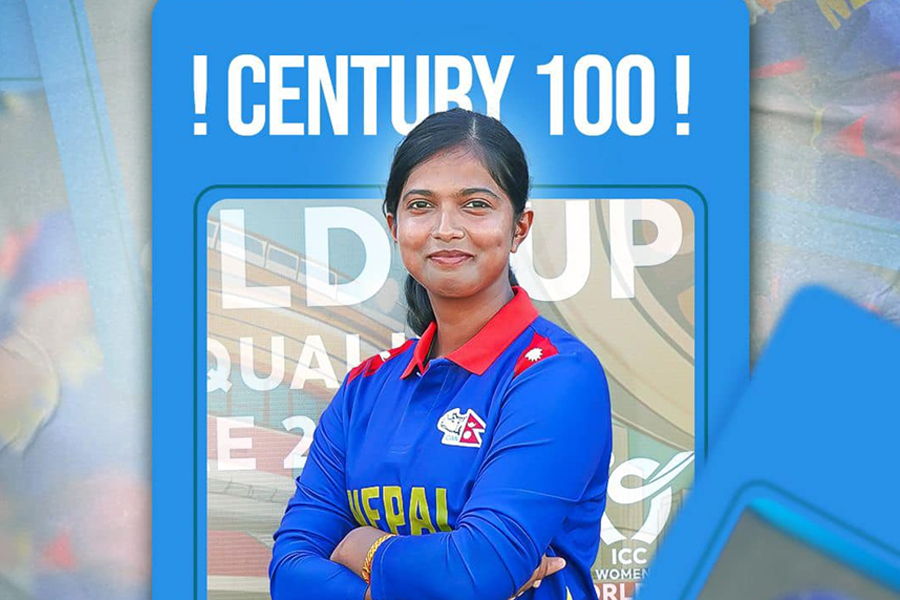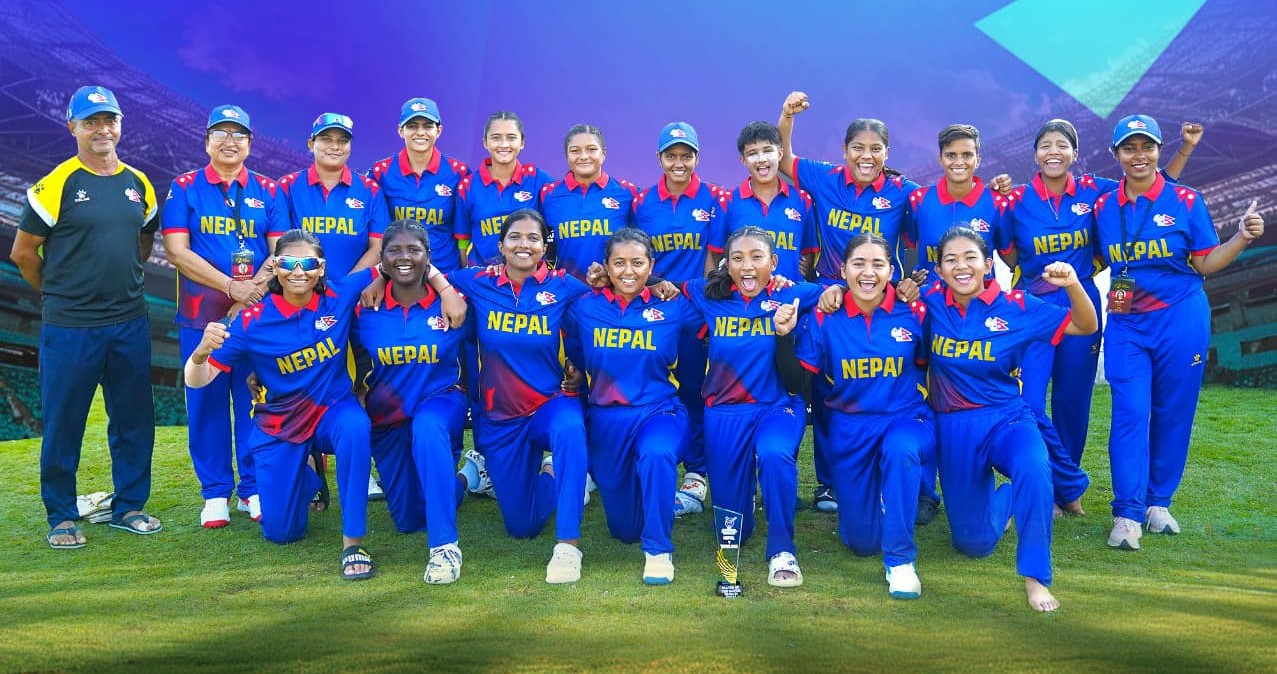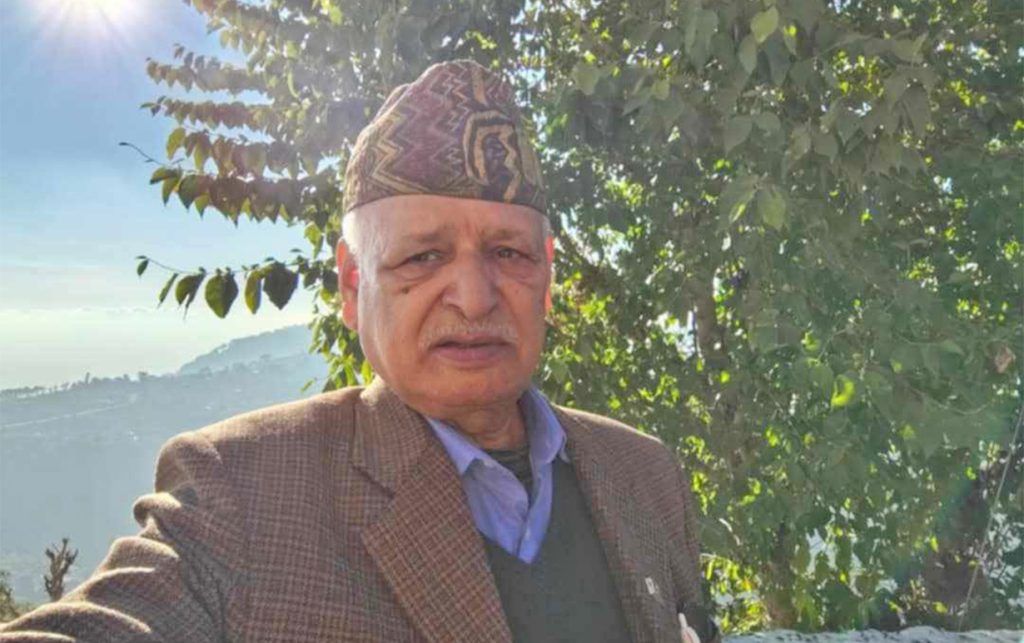![]()
As a civil engineer, I’m fascinated by predictions of who will win the FIFA World Cup finals in Russia, seeing that we use predictions on a regular basis in engineering. For the finals, there’s a wide variety of forecasts. In addition to armchair fans’ predictions, there are those by the seasoned football experts. Then there are the predictions based on betting tips.
In a completely different class are the quirky animal “predictions” that belong between inverted commas. The most famous was celebrated Paul the Octopus who correctly predicted the outcome of eight matches in the 2010 World Cup finals. This year, the oracle’s job has gone to Achilles, a deaf white cat from St Petersburg’s Hermitage museum in Russia. With 50 other cats, Achilles’ day job is to keep the museum free of rodents.
A vet who oversees Achilles explained why he was picked for the new soothsayer job:
We went for Achilles because he is beautiful, first of all, but also because — like all white cats with blue eyes — he is deaf, so he has a great deal of intuition, he sees with his heart.
Stable relationships
But it won’t only be Achilles who’ll be using intuition. When humans predict which team will lift the FIFA World Cup Trophy on 15 July at the Luzhniki Stadium in Moscow, intuition will guide most of them. Will it be Germany or Brazil, perhaps Tunisia or Egypt? Intuitively Brazil or Germany seem better bets than Tunisia or Egypt.
Often our intuitions can be wrong as they are based on heuristics (rules of thumb) or biases (prejudices). Consider Egypt or Tunisia’s upcoming performance. Perhaps Egypt will do better: their superstar striker Mohamed Salah, who plays for Liverpool in the English Premier League, won 34 individual awards this season. They include the Premier League Golden Boot winner after scoring a record 32 goals in 36 league games. With him there, Egypt must, therefore, be a good team.
Less well known perhaps is that Tunisia are currently ranked 21st and Egypt 46th. Going for Egypt is an example of decisions that are based on what information readily comes to mind.
Professionals in my field of civil engineering make decisions about how structures behave when loaded. For example how an office block’s foundations will behave when loaded by users. This often requires using intuition to interpret data. Intuition is sometimes seen as unscientific but recent research has shown that it is often vital to making decisions.
Nobel laureate Daniel Kahneman and psychologist Gary Klein suggest that intuitive expertise can only develop in environments in which there are stable relationships between identifiable cues and events.
Cues in football could be relative team rankings and events could be wins or losses. Cues in civil engineering could be material strengths and outcomes could be structures that do not fail. Individuals still require time to learn patterns in “high validity” environments, such as civil engineering, but judgements in such environments can often be trusted.
Do football outcomes show stable relationships? To find out, I collected official team rankings before the last five FIFA World Cups, along with game outcomes. Outcomes between similarly ranked teams (ranking difference less than 11) are compared to outcomes between disparate teams (ranking difference greater than 11) in the figure below.
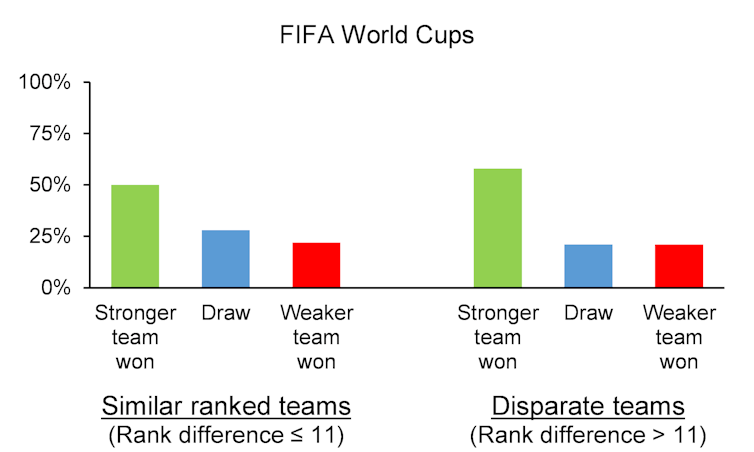
The stronger (higher ranked) of similarly ranked teams won 50%, drew 28% and lost 22% of games; for disparate teams, the stronger team won 58%, drew 21% and lost 21% of games. Outcomes become marginally more predictable as the disparity between teams increases. However, it seems very difficult to accurately predict outcomes based on which teams were playing better before respective FIFA World Cups.
An argument can be made that using rankings does not take into account enough cues. In 2014 Goldman Sachs using a much larger pool of cues only managed to correctly predict 58% of knockout stage teams. Using the FIFA rankings before the 2014 FIFA World Cup would have predicted 64% of outcomes (the most predictable of the last five). Therefore using rankings seems an adequate metric.
How does this compare to predictions in civil engineering? Accepted norms are that building foundations are designed so that the annual probability of failure does not exceed 1%, but for large dams this figure is 0.01%. As the consequence of a large dam failing is much greater, the probability of this occurring must be lower. So engineers need to correctly predict 99% of building foundation outcomes and 99.99% of large dam outcomes.
Getting such low probabilities of failure takes considerable analysis. An important aspect of large dams constructed from earth is the stability of the earth embankment. A recent study showed that very experienced engineers could correctly predict the stability of a soil slope in 80% of cases without any calculations.
Less experienced engineers were only successful in 66% of cases and untrained students were successful in 49%. Students could increase their success rate to 64% after a training exercise.
But although fairly good predictions could be made purely on gut instinct, prudent engineers should not base designs purely on intuition. Even in engineering where there is sufficient regularity in the behaviour of structures, it is difficult to fully internalise the patterns presented between cues and outcomes. The ability to internalise patterns in sports outcomes is likely to be even harder.
Trust expert predictions?
So can we trust expert predictions of football outcomes? Perhaps, but football is very variable and placing too much faith in expert predictions may be unwise. With this disclaimer in place, a civil engineer’s prediction of outcomes will be made for the upcoming 2018 FIFA World Cup.
Using 20 000 simulations of the upcoming FIFA World Cup, based on the current FIFA rankings, the top 16 teams that could win are shown below along with the percentage of simulations won by each. Germany seem a better bet than Tunisia but remember the statistics show a large amount of variability.
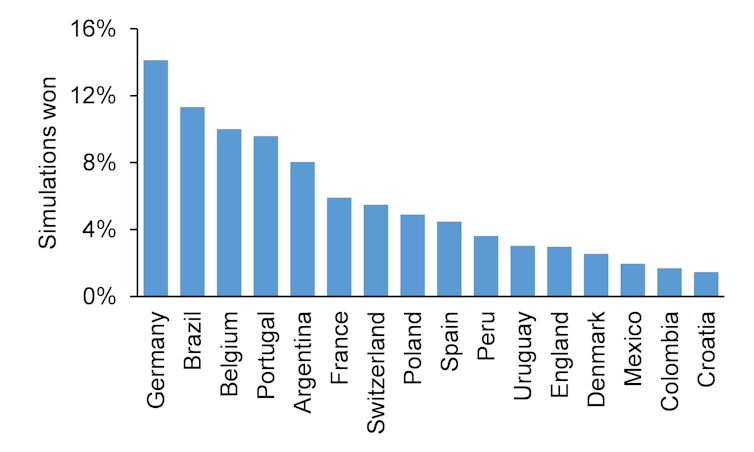
![]() So pick a team you think will win, hope they sing their national anthem with passion, enjoy following their games and don’t be too disappointed when they lose. An analytical assessment of the results suggests this is the most intuitive approach.
So pick a team you think will win, hope they sing their national anthem with passion, enjoy following their games and don’t be too disappointed when they lose. An analytical assessment of the results suggests this is the most intuitive approach.
Charles MacRobert, Lecturer in Civil Engineering, University of the Witwatersrand
This article was originally published on The Conversation. Read the original article.




